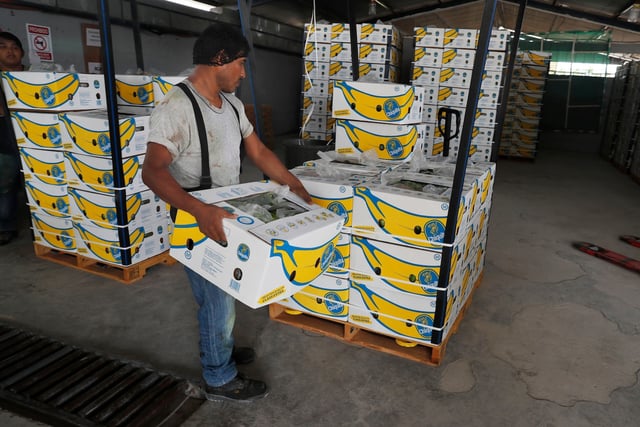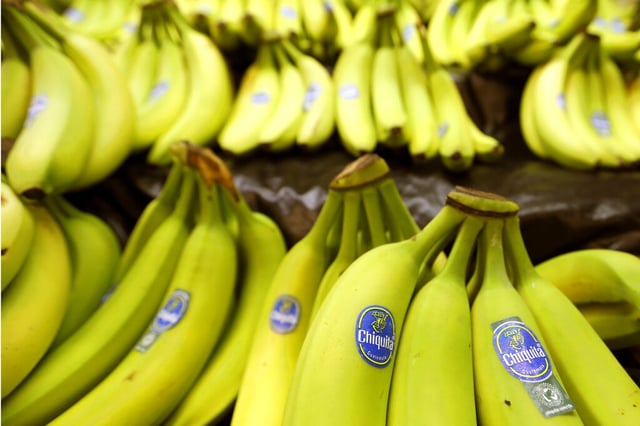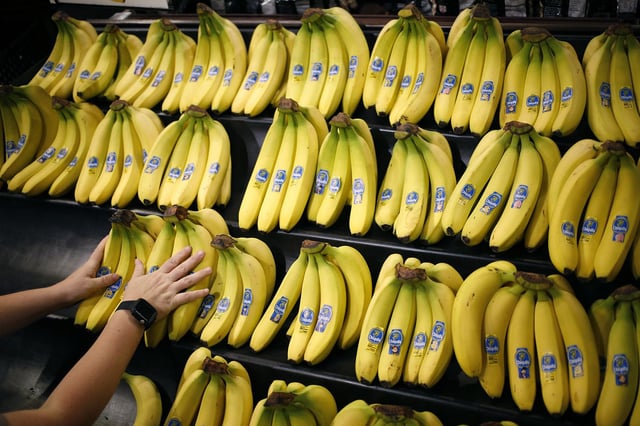Overview
- Chiquita was found liable for financing the United Self-Defense Forces of Colombia (AUC), a designated terrorist group.
- The $38.3 million in damages will go to the families of eight men killed by the AUC.
- This ruling follows 17 years of legal battles and is the first time a major U.S. corporation has been held responsible for such actions abroad.
- Chiquita's defense claimed payments were made under duress to protect employees, but the jury rejected this argument.
- Additional trials for other victims are scheduled to continue in July.



